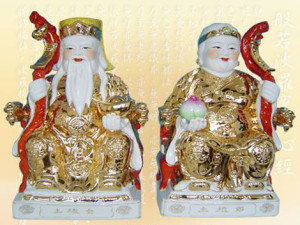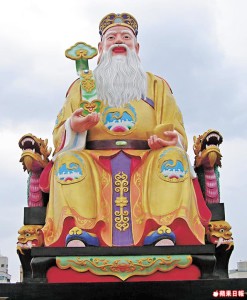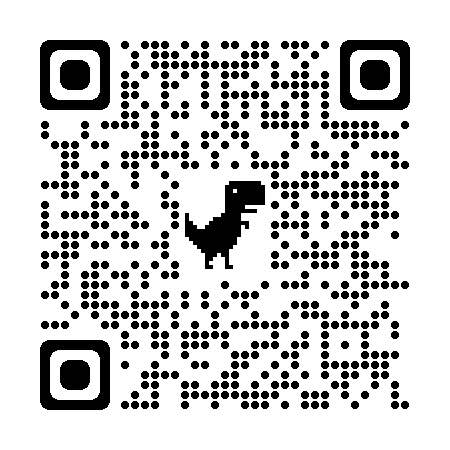

The Chinese god of land, also known as the Earth God or Earth Deity, is known as Tudigong (土地公) in Mandarin Chinese. “Tu” (土) means “earth” or “soil,” and “Di” (地) means “land” or “territory.” Gong (公) is an honorific term used to refer to a respected figure, often translated as “deity” or “god.”
Tudigong is a deity associated with the land and its fertility, as well as the well-being and prosperity of the people who inhabit it. He is believed to protect and oversee a specific region or locality, such as a village, town, or city. People traditionally offer prayers and make offerings to Tudigong to seek his blessings for agricultural abundance, protection from disasters, and overall harmony in the community.
Tudigong is often depicted as an elderly man dressed in traditional clothing, holding a tablet or a land deed. His image can be found in shrines or temples dedicated to him throughout China and other regions influenced by Chinese culture. These temples serve as places of worship and gathering for the local community, particularly during festivals and important agricultural events.
It’s important to note that there may be variations in the representation and local customs associated with the worship of Tudigong in different regions of China, as beliefs and practices can differ among various Chinese ethnic groups and communities.





